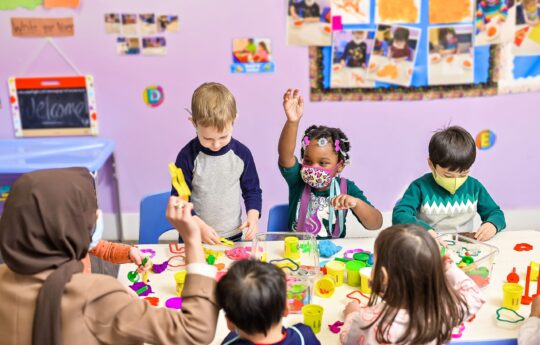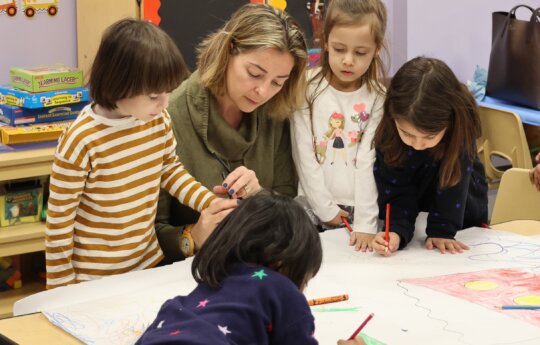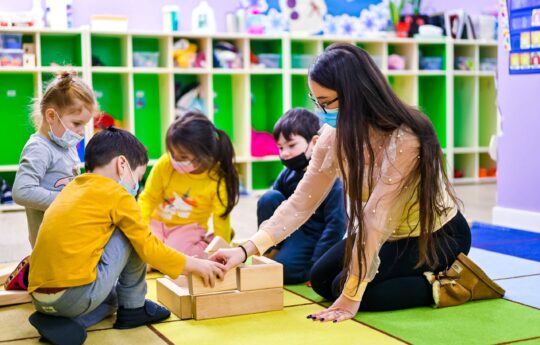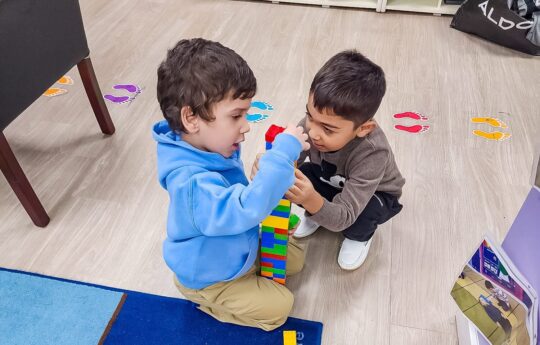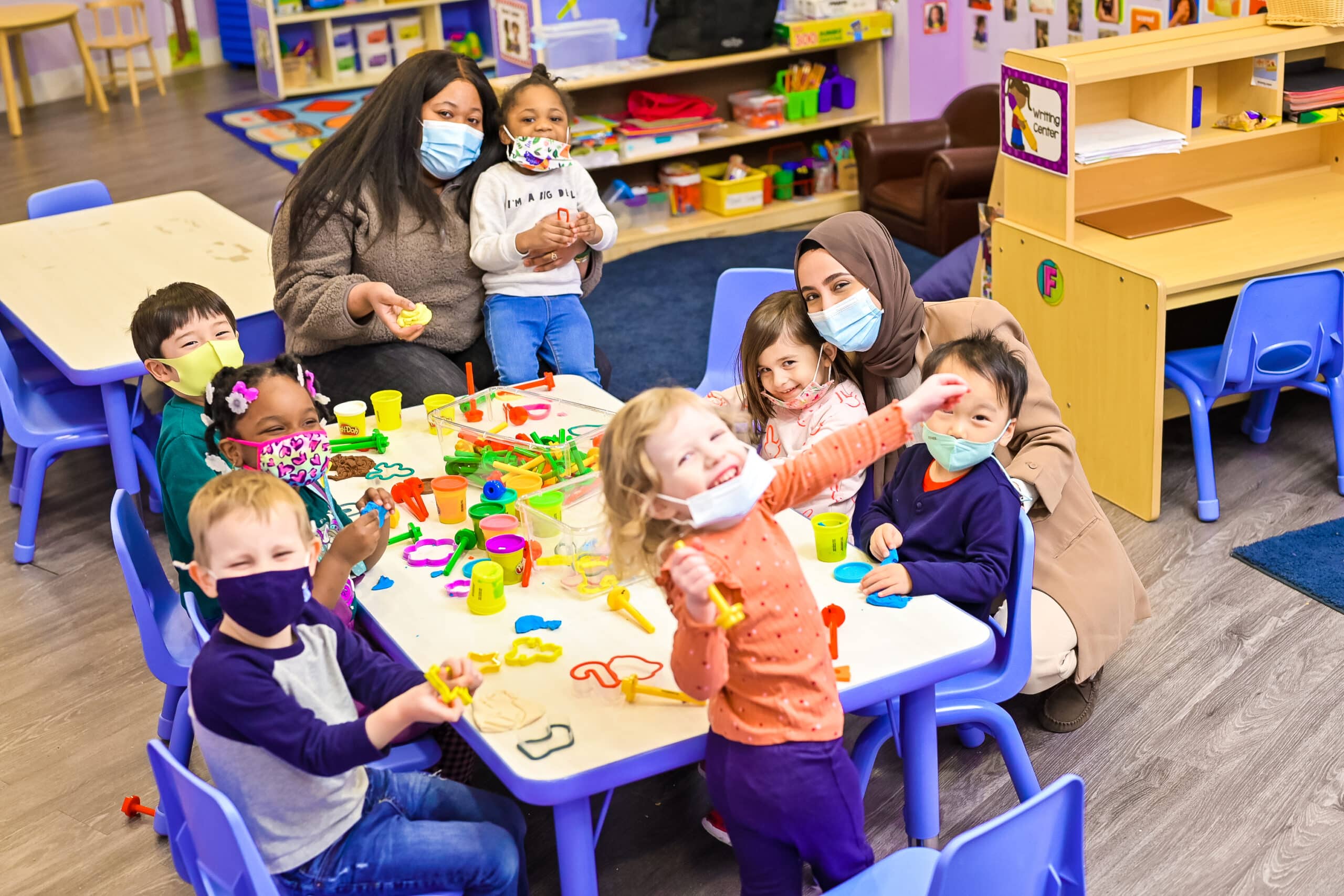
It’s crucial to start talking to your kids about race and tell your child about racism early on and to keep the dialogue going as they get older, whether you’re a person of color or a white person. Even though discussing racism with children can seem challenging, you can do it if you are well-informed and considerate of the child’s age level. Keep in mind that you are playing a crucial role in helping your child comprehend the world around them and get ready for any challenging events they may encounter. By tackling racism and racial issues, you also contribute to a more fair and equitable society.
Why is It Important to Talk about Race?
Every day, there are protests, street riots, false allegations, harassment, and social inequity based on skin color. The child is introduced to the world by his or her parents, who also inculcate in him concepts about a myriad of occurrences and explain that there are many people in the world, each of whom is unique from the others. This is the very first and tiniest step toward kindness, tolerance, and acceptance of the world in all of its diversity, and parents should assist the kid in taking it.
Racism can take many different forms, including bullying of classmates who are different from others, inappropriate jokes, damaging stereotypes, and disregard for a different culture. It can also take the form of more subtle acts. The earlier a child understands that different does not imply badб the less likely it is that he would grow up to be an aggressor who may poison and degrade people who are different from him in any way.
Talking about Race is not Racist
Racism is a complicated subject that many people perceive as dangerous or inconsequential, but it is not. As your child gets older, you should continue having challenging conversations with them about issues of racism for kids, prejudice, and injustice.
How to explain racism to a child? First of all, avoid endorsing a color-blind racial ideology. Many parents choose to instill “racial blindness” in their children, saying, “I don’t care who they are, as long as they are good people.” This mindset initially appears to be positive because it does not seem to imply any discrimination. The issue with a color-blind racial ideology is that it instantly equals individuals of all racial and ethnic backgrounds, concealing actual issues and discrimination. It is crucial to emphasize to the child that despite our differences, we all deserve the same respect, rights, and opportunities, rather than saying that “we are all the same.” A simple rule applies here: if you take a neutral stance in the face of injustice, you are essentially endorsing it. Yes, racism is an issue in our society, and if a child is aware of this and the factors that contribute to it, he or she will be better equipped to take the necessary steps to stop it from spreading.
Develop Self-Awareness about Racist Beliefs
You should get knowledgeable about racism before you start discussing it with your child. Learn about the current global situation, take in the history of the racial issue, emphasize the key aspects, and decide what specifics are appropriate to discuss with a child of a particular age. Knowing more will increase your confidence and make it simpler for you to respond to your child’s queries.
As you are aware, kids pick up a lot from their parents, including how they view certain things. Your children will most certainly imitate your disrespectful attitude if you allow yourself to make disparaging remarks or cruel jokes about other people because of their color, nationality, looks, or other factors that make them “unlike” others. Starting with yourself will help you teach your child tolerance and respect for others. Saying something along the lines of “There are numerous ways you can use your privilege to make a difference, like signing petitions and advocating for minority groups” would be appropriate.
Talk About Fairness and Unfairness
A young child may find it challenging to understand the concepts of racism, slavery, or prejudice, but you may help them understand by giving them simple, understandable examples. Start with the idea of “ unfairness” for instance.
Children in preschool are quite aware of what is deemed fair or unjust. Defining racism as a fundamentally unjust system that supports one group’s dominance over another based on race. Inequality can be demonstrated through actions. Give out snacks if you have a bunch of children (candy, stickers, quarters, etc.) Give more to certain kids than others. Ask those with less what their feelings are. Ask people who own more how it would feel to possess more. They’ll probably also claim that it is unjust. Tell them that this sense of injustice is referred to as a privilege. Tell them that it’s critical to understand people’s reactions to racism and that cooperation is also essential to achieving justice.

